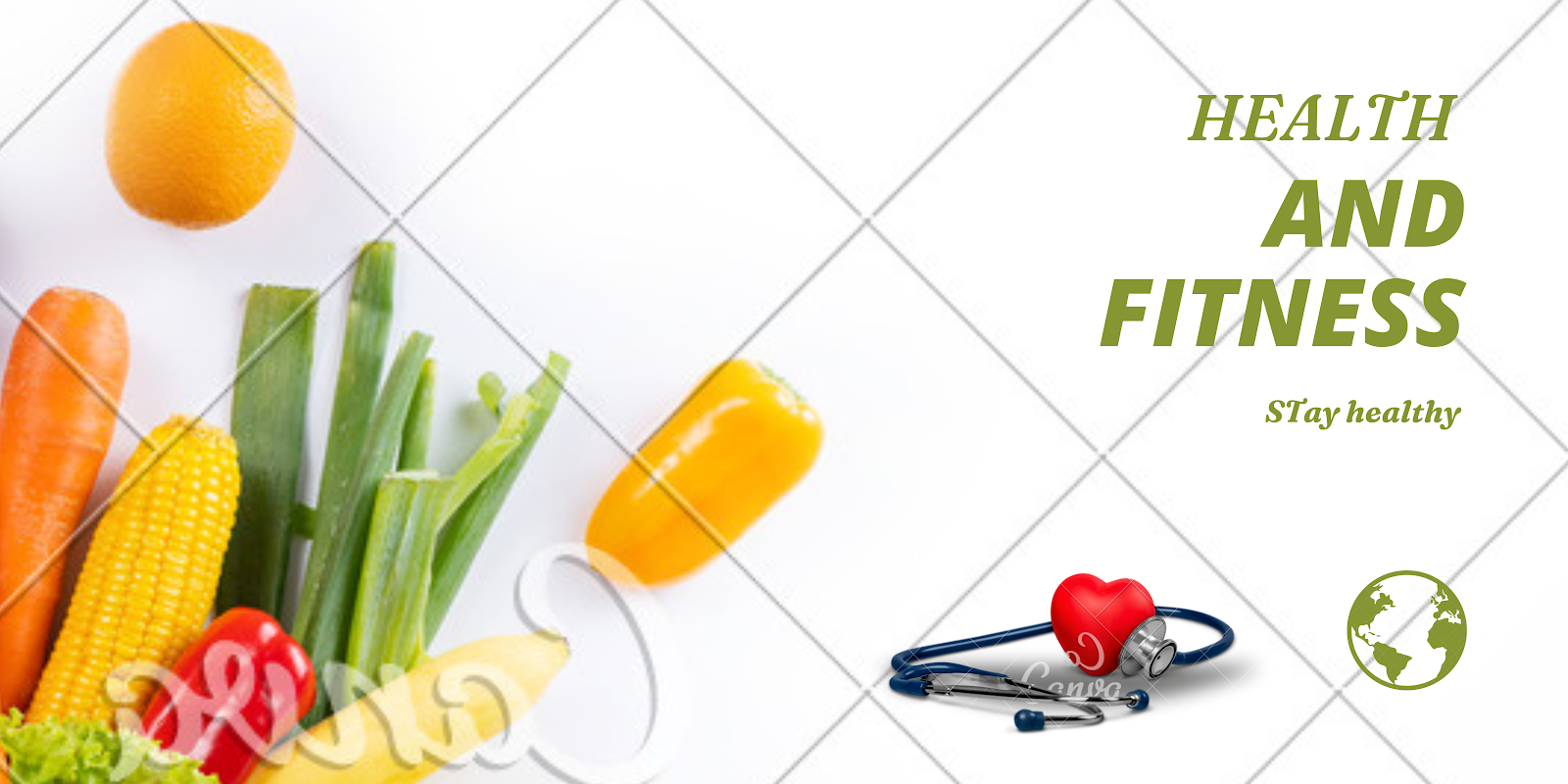Introduction Diet and Nutrition Tips for Healthy Skin
Introduction
Healthy and glowing skin is often considered a reflection of overall well-being. While skincare products can certainly help improve the appearance of your skin, the foundation for beautiful, radiant skin starts from within. Your diet and nutrition play a crucial role in maintaining the health of your skin. In this article, we will explore some essential diet and nutrition tips that can help you achieve and maintain healthy, glowing skin.
1. Hydration is Key
One of the most fundamental aspects of skincare is staying hydrated. Drinking an adequate amount of water helps flush toxins from your body, keeping your skin looking fresh and clear. Aim for at least 8 glasses (about 2 liters) of water per day, and adjust this amount based on your activity level and climate.
2. Load Up on Antioxidants
Antioxidants are essential for combating the free radicals that can damage your skin. Include a variety of fruits and vegetables in your diet, such as berries, citrus fruits, spinach, and kale. These foods are rich in vitamins like vitamin C and E, which can help protect your skin from oxidative stress.
3. Healthy Fats
Incorporate healthy fats into your diet, such as omega-3 fatty acids found in fish (salmon, mackerel, and sardines), flaxseeds, and walnuts. These fats help maintain the skin's natural oil barrier, keeping it moisturized and supple.
4. Lean Proteins
Proteins are the building blocks of skin, and consuming lean sources of protein like chicken, turkey, and tofu can help repair and maintain your skin's elasticity. Additionally, collagen-rich foods like bone broth can be beneficial for skin health.
5. Avoid Excess Sugar
High sugar intake can lead to glycation, a process in which sugar molecules attach to collagen and elastin fibers, causing the skin to lose its elasticity and strength. Reducing your sugar intake can help prevent premature aging and maintain skin firmness.
6. Whole Grains
Opt for whole grains like brown rice, quinoa, and whole wheat bread over refined grains. Whole grains provide essential nutrients like selenium, which supports skin health and promotes a youthful appearance.
7. Vitamins and Minerals
Make sure your diet includes vitamins and minerals that are essential for skin health. These include vitamin A (found in sweet potatoes and carrots), vitamin D (from sunlight and supplements), and zinc (found in nuts and whole grains). These nutrients help maintain skin structure and function.
8. Green Tea
Green tea is a rich source of antioxidants and polyphenols that can help protect your skin from UV damage and reduce inflammation. Consider replacing your regular tea or coffee with a cup of green tea for added skin benefits.
9. Limit Caffeine and Alcohol
Both caffeine and alcohol can dehydrate your skin. Limit your intake of caffeinated beverages and alcohol, and if you do consume them, be sure to balance it with extra water to stay hydrated.
10. Be Mindful of Food Allergies
Food allergies and intolerances can trigger skin issues like acne, eczema, or hives. If you suspect a specific food is affecting your skin, consult a healthcare professional for guidance.
Conclusion
Achieving and maintaining healthy, glowing skin involves more than just using skincare products. Your diet and nutrition play a crucial role in supporting skin health. By staying hydrated, consuming a variety of nutrient-rich foods, and avoiding skin-damaging elements, you can promote a clear, radiant complexion that will make you feel confident and beautiful. Remember that everyone's skin is unique, so it's essential to find the diet that works best for your specific needs and consult a healthcare professional for personalized guidance.



.jpeg)
.jpeg)

0 Comments